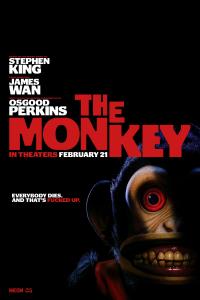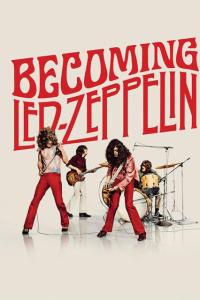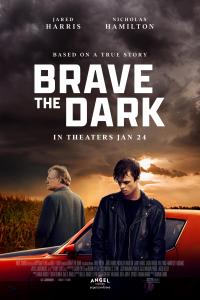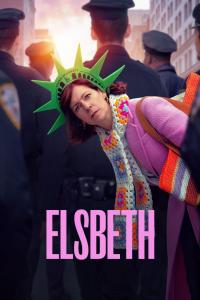Torrent details for "Alexander Blok - Poetry and Plays (7 books)" Log in to bookmark
Controls:
Language:
 English
EnglishTotal Size:
22.74 MB
Info Hash:
464fab499b5a4547d95fc95ed3283415144591cc
Added By:
Added:
16-10-2018 23:05 (edited 16-10-2018 23:05) by workerbee


Views:
890
Health:

Seeds:
3
Leechers:
0
Completed:
979

ALEKSANDR BLOK (1880-1921) was a Russian lyrical poet and playwright, and the principal representative of Russian Symbolism, a modernist literary movement that was similar to its European counterpart but was strongly imbued with indigenous Eastern Orthodox religious and mystical elements.
Blok was deeply influenced by the poetry of Alexander Pushkin and the apocalyptic philosophy of the poet and mystic Vladimir Solovyov. Using innovative poetic rhythms, he drew on their concepts to develop an original style of expression. For Blok, sound was paramount, and musicality is the primary characteristic of his verse. His early poetry often treated themes of spiritual beauty and mysticism, and helped establish him as a major poet of the Russian Symbolism style. He later sought to introduce daring rhythmic patterns and uneven beats into his poetry. Poetical inspiration was natural for him, often producing unforgettable, otherworldly images out of the most banal surroundings and trivial events. Consequently, his mature poems are often based on the conflict between a Platonic theory of ideal beauty and the disappointing reality of foul industrialism.
During the last period of his life, Blok emphasized political themes, pondering the messianic destiny of his country. Influenced by the doctrines of Vladimir Solovyov, he had vague apocalyptic apprehensions and often vacillated between hope and despair. Quite unexpectedly for most of his admirers, he accepted the October Revolution as the final resolution of these apocalyptic yearnings. Blok expressed this outlook in the novel in verse "The Twelve" (1918) and "The Scythians" (1918). Many early readers of the former regarded its depiction of Christ in revolutionary Petrograd as blasphemous, but through it Blok expressed vividly the mood of the time. He quickly became disillusioned with the Bolshevik government, however, and all but stopped writing poetry thereafter.
To this day, he is considered by many to be the most important Russian poet since Pushkin, and his work had a lasting influence on the likes of Anna Akhmatova, Boris Pasternak and Marina Tsvetaeva, among other prominent poets of the Silver Age.
The following books are in PDF format unless otherwise noted:
* Poems of Sophia (Semantron, 2014). Translated by Boris Jakim.
* Selected Poems (Pergamon, 1972). Edited by Avril Pyman.
* Selected Poems (Progress, 1981). Translated by Alex Miller.
* Stranger, The (Kneller, 2011). Translated by Audrey Kneller. -- ePUB
* Trilogy of Lyric Dramas: A Puppet Show / The King on the Square / The Unknown Woman (Routledge, 2003). Translated by Timothy C. Westphalen.
* Twelve (n.p., 2010). Translated by Maria Carlson.
* Twelve, The (U Durham, 1989). Edited by Avril Pyman.
_____________________________________________________________________________
PLEASE HELP TO SEED! If you like these books and want others to have access to them, please help to seed for as long as you can. The more you seed, the longer the torrent will live, and the easier it will be for me to upload new content. Thank you!










































